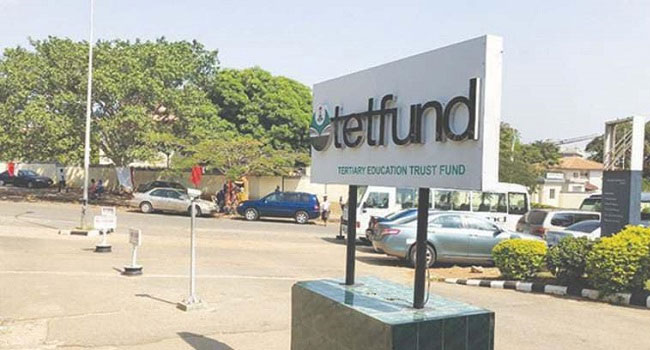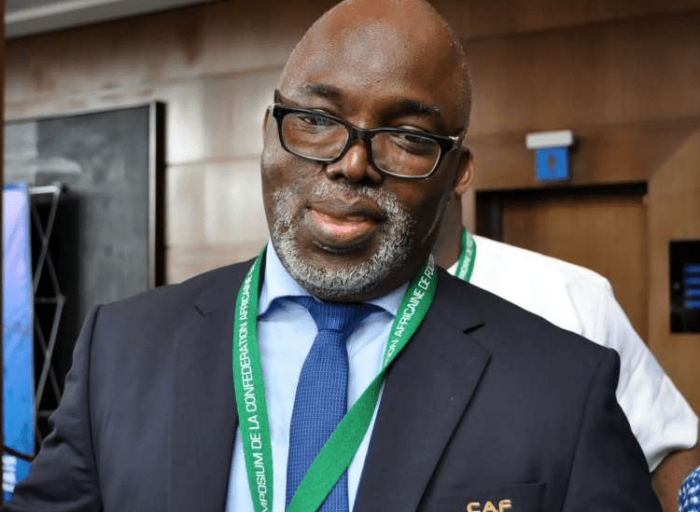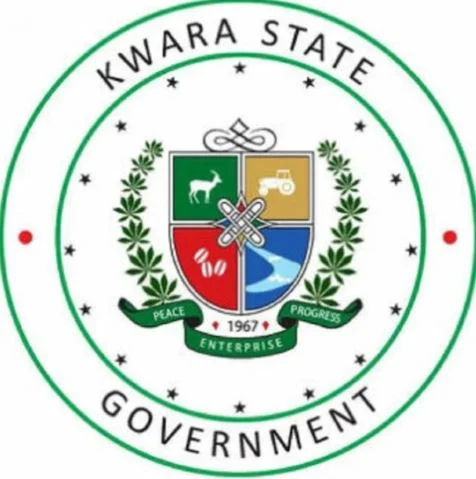The Academic Staff Union of Universities (ASUU) has raised concerns that diverting funds from the Tertiary Education Trust Fund (TETFund) to finance the Nigerian Education Loan Fund (NELFUND) would severely undermine public education in Nigeria. ASUU President, Emmanuel Osodeke, shared this position during an appearance on Channels Television’s Sunrise Daily program.
Osodeke argued that TETFund is crucial for sustaining public universities and warned against policies that threaten its existence. He alleged that some members of the ruling elite aim to dismantle public universities, perpetuating inequality and ensuring the children of the underprivileged remain disadvantaged.
Opposition to Tax Bills
Osodeke criticized the tax reform bills introduced by President Bola Tinubu’s administration, claiming they were developed without consulting key stakeholders in the education sector, including university vice-chancellors and pro-chancellors. According to him, phasing out TETFund in favor of a consolidated fund by 2030, as proposed in the tax reform, would erode the foundation of Nigeria’s public university system.
“TETFund, created through ASUU’s advocacy, has been transformative for Nigerian public universities,” he said. “Instead of dismantling it, the government should seek alternative funding mechanisms for NELFUND, such as allocating a portion of Value Added Tax (VAT).”
Defense of TETFund’s Legacy
Osodeke highlighted that TETFund’s funding, derived from corporate contributions rather than government budgets, has been instrumental in developing 90% of physical infrastructure across Nigerian universities, polytechnics, and colleges of education. He cited Ghana’s emulation of TETFund through its Ghana Education Trust Fund (GETFund) as an example of its success.
Challenges with NELFUND
The ASUU president rejected the idea of replacing TETFund with NELFUND, emphasizing that student loans are not an equitable solution for a country like Nigeria. He noted that rising tuition fees have led to increased student dropout rates, disproportionately affecting children from poor backgrounds.
“In my department, enrollment has dwindled to fewer than 10 students. This shows the harsh reality for many families,” Osodeke lamented.
Plea for Support
Osodeke concluded by urging the government to honor the sacrifices made by ASUU members in establishing TETFund and to uphold its mission of supporting education. He also called for greater budgetary allocation to education, pointing out that Nigeria lags behind West African counterparts in education funding.
“This is not just about ASUU but the future of Nigeria,” he said. “Destroying TETFund means destroying public education, and that is a path Nigeria cannot afford to take.”




